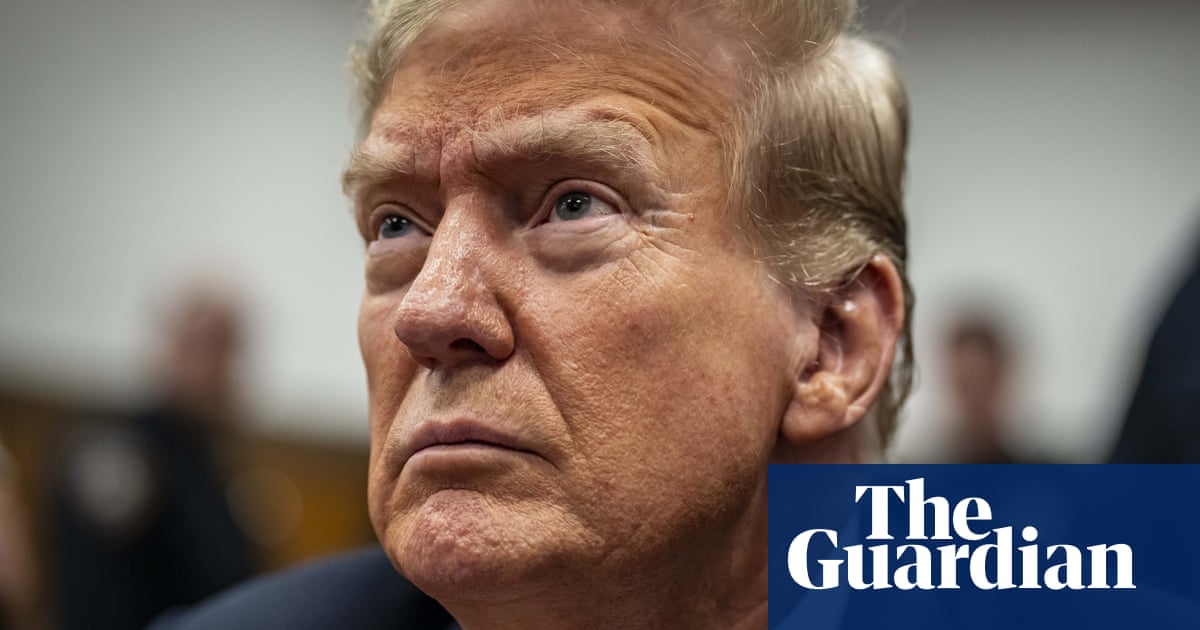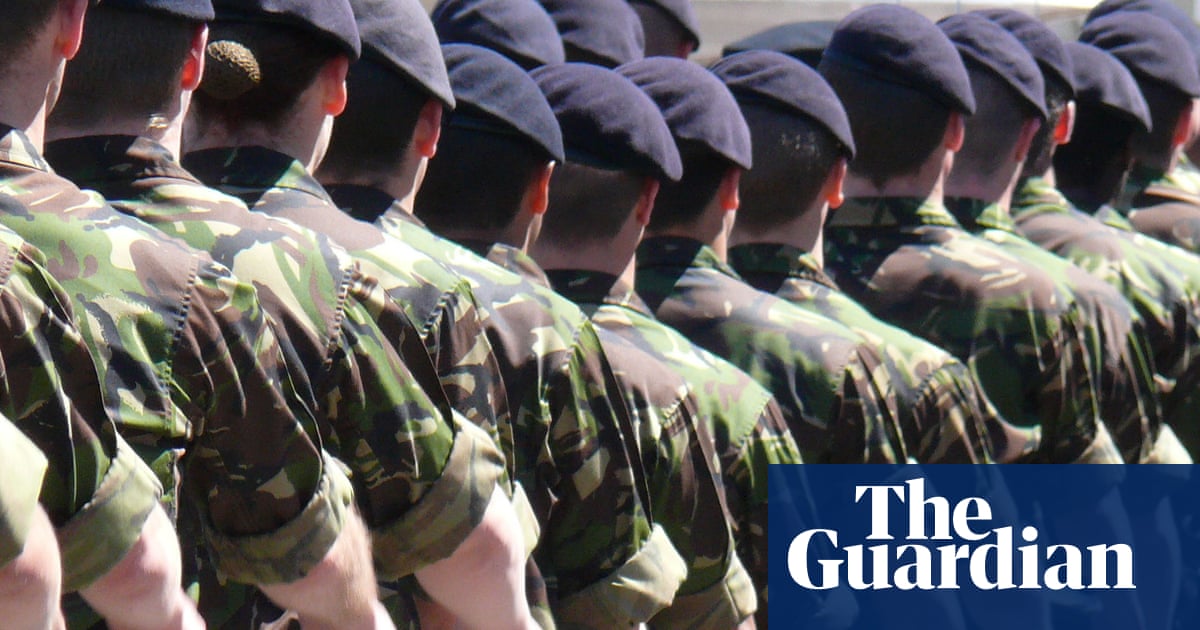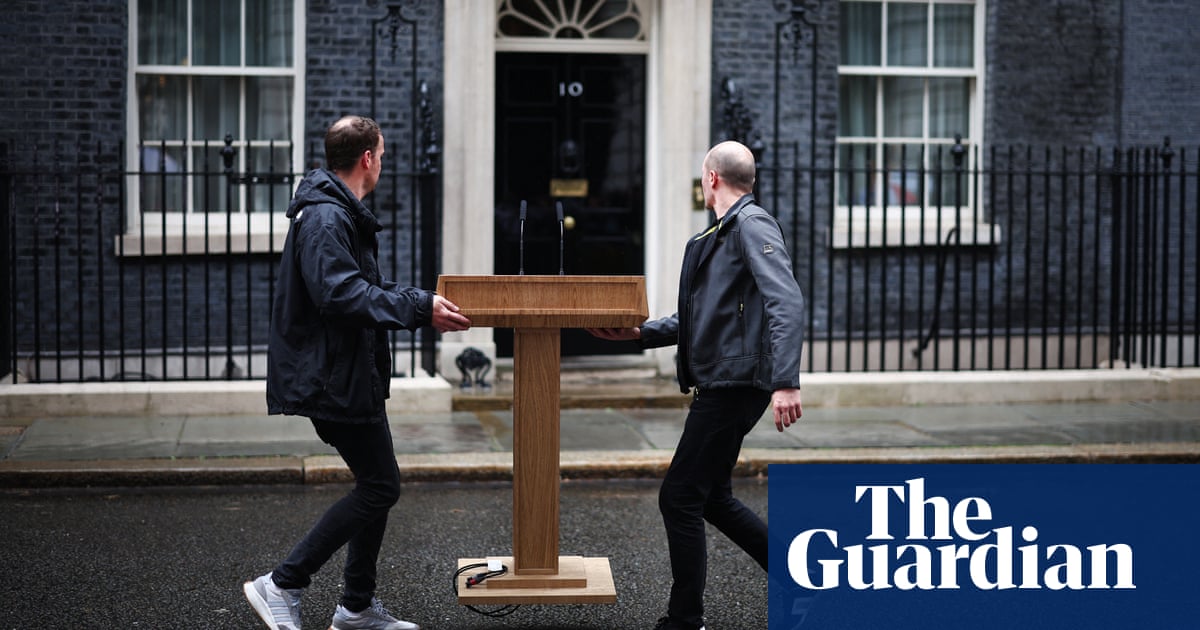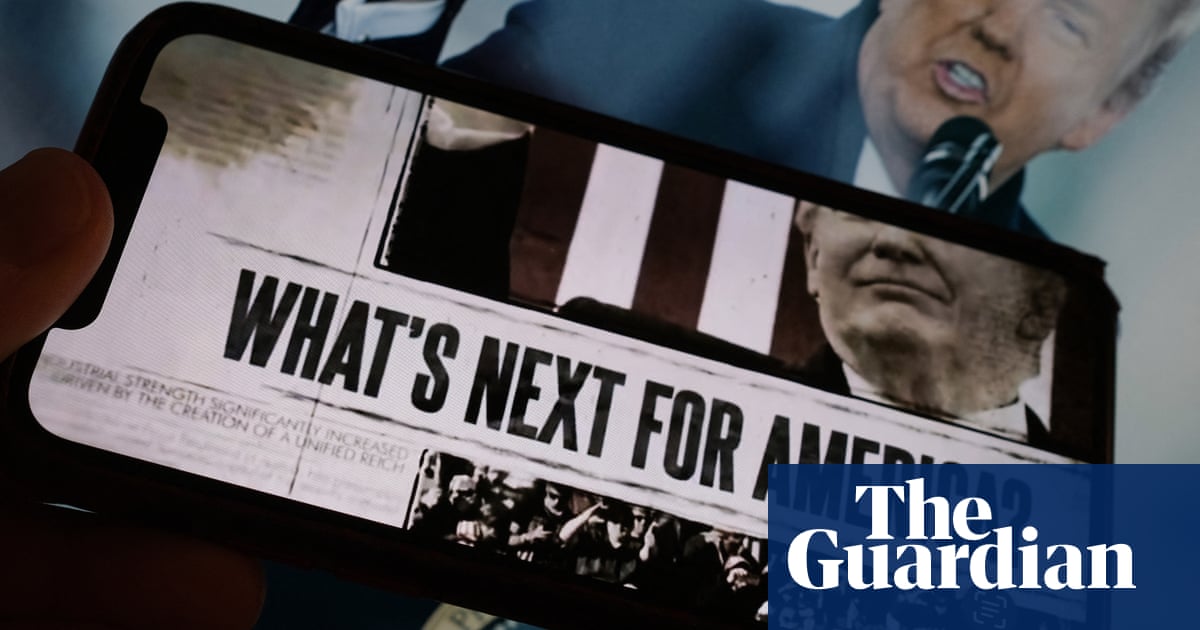theinspectorst
Liberal, Briton, FBPE. Co-mod of m/neoliberal
- 4 Posts
- 12 Comments

 0·1 year ago
0·1 year agoDefinitely not needed for current military needs. Britain effectively operates a relatively small but relatively elite army - trying to incorporate a large number of untrained teenagers into that model would seem like an enormous and unhelpful distraction. The bigger issue the army faces today is a lack of funding.
This is really just a headline he’s come up with to appeal to reactionary elderly Tory voters who are thinking about switching to Reform. It’s the worst way to make policy. The more you scratch under the surface, the more problematic the policy is.

 0·1 year ago
0·1 year agoReminder that the Equality and Human Rights Commission is not ‘the media’. It’s a non-governmental public body created by a Labour government in 2006 to promote and enforce equality legislation introduced by said Labour government.

 0·1 year ago
0·1 year agoI mean, is it? Under his leadership the Labour Party broke the law in relation to racism within the party - that was the finding of the independent Equalities and Human Rights Commission investigation. It found that on Corbyn’s watch, the culture of the Labour Party ‘at best, did not do enough to prevent anti-Semitism and, at worst, could be seen to accept it’. He was the leader, he is accountable. That was his doing.
He then chose to put out a statement rejecting this and dismissing the evidence of racism suffered by Labour members as exaggerated - as a result of which he was suspended. That statement was his doing too.
And now he has chosen to stand against the Labour candidate in an election - this choice was also his doing.
So which part of this is ‘their doing’?

 5·1 year ago
5·1 year agoAll of our constitutional law takes the form of Acts of Parliament that can be amended or repealed with a 50%+1 vote in Parliament - unlike most countries where the constitution sits above the parliament and changing it requires a supermajority and/or a referendum. Boris had a majority so he could change the constitution. It’s a totally messed up system.
One reason British liberals as so passionate about internationalism and the European Union is that international treaties and EU law are some of the few mechanisms we have had for constraining executive overreach, since they sit outside and above Parliament’s remit. For example, even if Parliament were to repeal the Human Rights Act, Britain remains a party to the European Convention on Human Rights (which is why some Tories now talk about withdrawing from this too). Without international safeguards external to the UK, in theory all that stands between Britain and despotism is a simple majority vote in Parliament.

 4·1 year ago
4·1 year agoIt’s a corrupt convention but it wasn’t always the case. An important reform by the 2010-15 coalition government was the Fixed Term Parliaments Act, which took this incredibly important decision out of the prime minister’s partisan hands and have elections on a predictable 5 year cycle (barring the government falling or a supermajority for early elections).
After Boris Johnson won the 2019 election though, he set about dismantling checks and balances such as this. He also changed the electoral system for mayoral elections to First Past the Post (with no consultation or referendum - which the Tories have always insisted was needed to change the electoral system away from FPTP…) because FPTP tends to favour Tories.

 0·1 year ago
0·1 year agoI love whoever decided to drown out Sunak’s speech (which was inexplicably done outdoors, on a rainy day) with ‘Things Can Only Get Better’ on loudspeakers from nearby.
I wonder if it was the same person who played the Benny Hill theme over Boris Johnson’s resignation.

 121·1 year ago
121·1 year agoBecause the Palestinian children had nothing to do with the killing of Israeli children? What you’re describing and explicitly trying to justify here is collective punishment of all of the two million Palestinians in Gaza (more than half of whom are children) for the crimes of (by Israel’s estimates) about 3,000 Hamas terrorists on 7 October.
What you’re articulating constitutes a war crime under the Geneva Convention and that’s exactly why the ICC is getting involved.
Let me try putting this another way. The population of the US state of Nebraska is about two million. Every year, there are about 6,000 violent crimes committed by Nebraskans. Should every Nebraskan be collectively punished for the crimes of those few thousand Nebraskans?

 0·1 year ago
0·1 year agoThe president isn’t unimportant though. A sad fact about Iranian politics is that the two times they elected a reformist president - Khatami in 1997 and Rouhani in 2013 - it was followed by the election of a Republican president in the US who spat in the face of attempted conciliation.
Bush grouping Shia Iran into his ‘axis of evil’ and trying to link them with Sunni Al-Qaeda, and then Trump’s binning of Obama’s carefully negotiated nuclear agreement, has done an enormous amount to undermine the reformists as ineffective and to strengthen the hardliners around Khamanei. It doesn’t get talked about enough: there’s a weird sort of codependency going on between Khamanei’s crew and the US Republicans.

 0·1 year ago
0·1 year agolily-livered
Hoist the mainsail and shiver me timbers, are they joining the Pirate Party?

 15·1 year ago
15·1 year agoThe homicide rate in the US is about 6-7 times that in the UK per 100,000 population. I’d take our situation any day of the week.
Last time I looked into this properly, knife crime in the US was actually roughly the same frequency as that in the UK. The difference is that knife-based murders stand out in the UK, whereas in the US nobody pays attention because the problem is dwarfed by the much greater problem of rampant gun crime.

 1·1 year ago
1·1 year agoThe UK is a society where violent crime is pretty uncommon. The homicide rate in the UK was 1.0 per 100,000 population in 2023. That has been broadly trending downwards in recent decades, after rising during the late 20th century and hitting a peak at c1.8 per 100,000 in 2003. The US is a much more violent society: their homicide rate is around 6.4 per 100,000 population.
Killers are always going to find weapons - if you ban guns they’ll find knives, if you ban knives they’ll kill with something else. One difference is that a killer on a knife rampage is going to kill a lot fewer people before they’re stopped than a killer with a gun. I guess killing with a knife is a more ‘involved’ act than just pointing a gun and clicking the trigger, so the bar for someone stabbing with a knife is probably a bit higher than killing from several metres away with a gun.
But part of it is a societal thing - my hunch is that (in relative terms) society in the UK and most other rich Western liberal democracies just instills in people an instinctively higher value on human life. You see it in US exceptionalism in use of the death penalty, the frequency of police killings, etc. I don’t want to exaggerate the difference - the US still has far fewer murders than Colombia or South Africa or Brazil - but there are other Western countries like Canada or Finland where guns are still pretty widely owned (albeit not quite to the extent of the US) that don’t have the same problem of violence as the US.




Politically, this is magnificent. The Lib Dems have target seats throughout Surrey where they’re typically the main challenger, they’ve been campaigning hard locally on water quality through most of this parliament (hasn’t always got national attention but they worked out a while ago it’s a very resonant issue in their target seats) and then just in time for the election Thames Water start warning people the water isn’t drinkable…